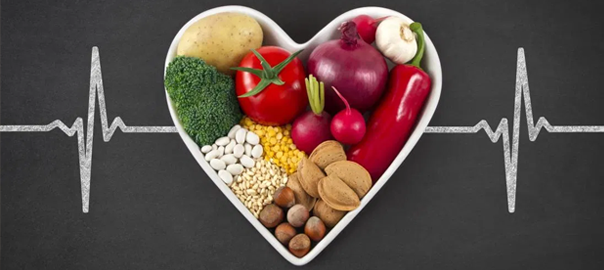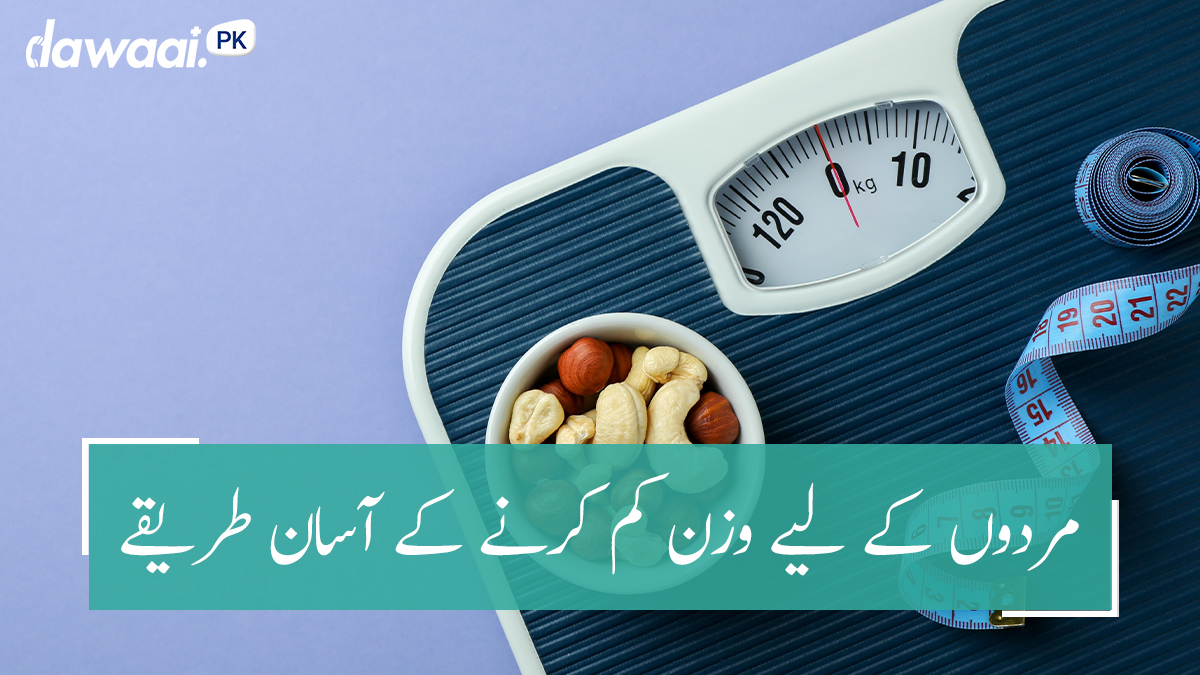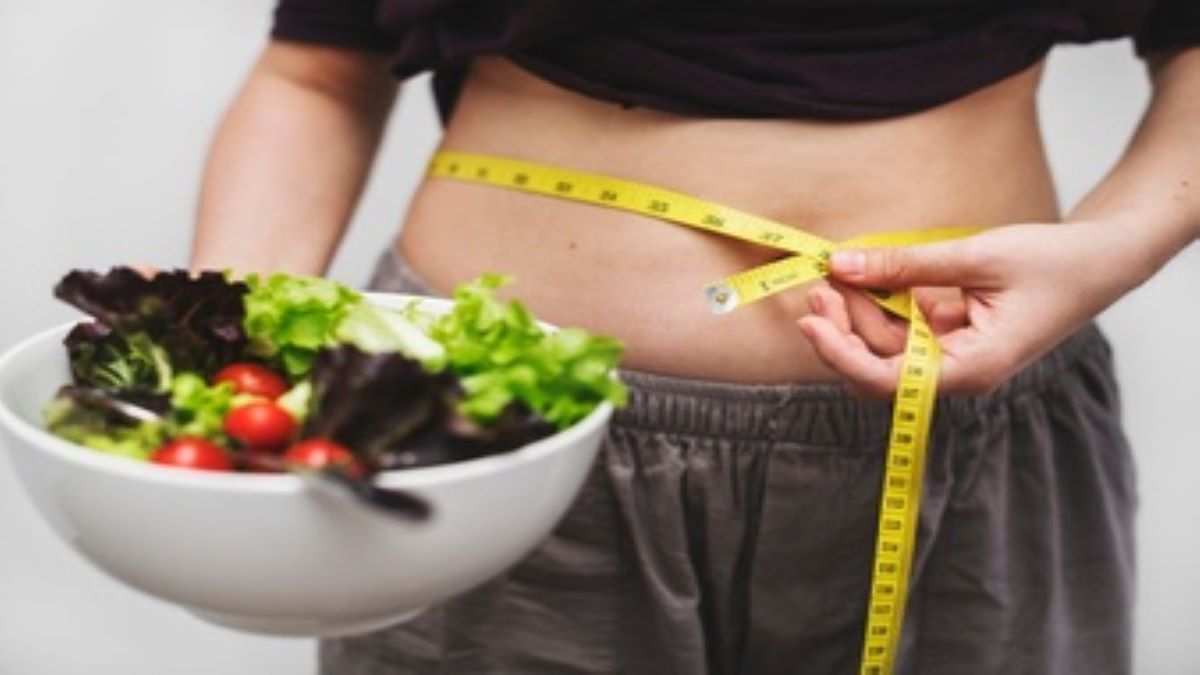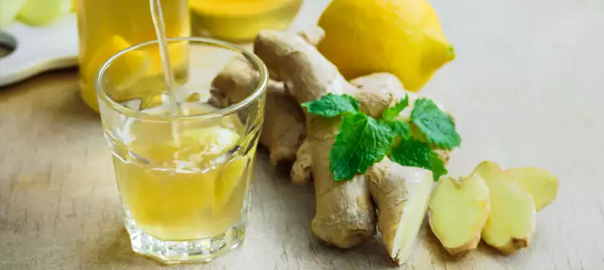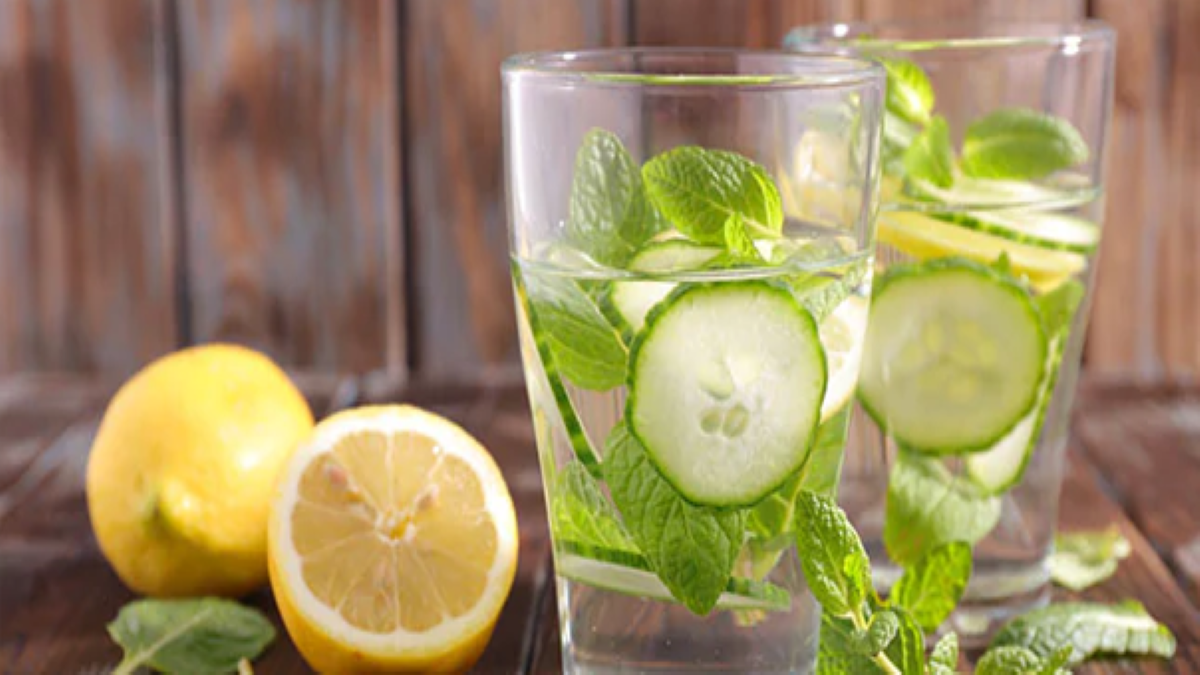Medically reviewed by Dr. Riaz Ali Shah.
Contrary to popular belief, cholesterol is important for your health. It is a fat-like substance that is necessary in the production of hormones, vitamin D and digestive juices that break down fat in your body. However, not all types of cholesterol have the same effect on your body. Therefore, knowledge about good and bad cholesterol is necessary in order to make healthier life choices.
What is good and bad cholesterol?
HDL (high-density lipoprotein, or good cholesterol) and LDL (low-density lipoprotein, or bad cholesterol) are lipoproteins that transport cholesterol to and from cells in the body. When your body has too much LDL, cholesterol starts to build up in arteries as “plaque”. This can block arteries and lead to heart attack, stroke, coronary artery disease and other health issues.
On the other hand, high levels of HDL can actually lower your risk of heart disease. This is because HDL absorbs cholesterol and carries it to the liver which flushes it out of your system. Therefore, good cholesterol protects your arteries and your heart from serious health risks.
As such, in this article, we will discuss how to differentiate between good and bad cholesterol, limit bad cholesterol in your body and maintain a healthy lifestyle.
What increases bad cholesterol in the body and how can we lower its levels?
High levels of LDL are caused by a variety of issues such as obesity, high-fat diet, lack of exercise, heart disease, smoking, diabetes, and alcoholism. In certain circumstances, one’s genetic makeup can also lead to high levels of LDL.
In order to prevent build-up of LDL in the body, one has to make certain lifestyle decisions. For example:
- not smoking,
- exercising regularly,
- eating more green vegetables
- having a healthy weight
What foods to avoid
Although dietary cholesterol has not been found to be directly linked with increased cholesterol in the body, eating certain high-cholesterol foods can increase risks of diabetes, heart disease and obesity. As such, it is highly recommended to avoid the following high-cholesterol foods:
- Fast food full of saturated fats such as burger, pizza, French fries etc.
- Foods with added sugar
- Processed food products
- Trans fats found in packaged snacks
- Salt found in canned food and fast food
An easy way to make sure you know what you are consuming is to check the labels of everything you buy.
Where to find good cholesterol
HDL or good cholesterol is boosted by a variety of foods. According to Harvard Health Publishing, “A largely vegetarian ‘dietary portfolio of cholesterol-lowering foods’ substantially lowers LDL, triglycerides, and blood pressure. The key dietary components are plenty of fruits and vegetables, whole grains instead of highly refined ones, and protein mostly from plants.”
Therefore, when you go grocery shopping, you can keep in mind the following list:
- Green green vegetables such as broccoli, spinach and okra
- Other vegetables such as eggplant
- Whole grains such as quinoa, oats, barley and wheat
- Beans and legumes
- Olive oil
- Nuts and seeds
- Fatty fish
- Fruit
For a complete list of recommended foods, check out Harvard Health Publishing.
We hope that this information has been useful and helps you maintain a healthy lifestyle. If you suffer from high cholesterol, you may consult medical professionals on our app for free for further help.
